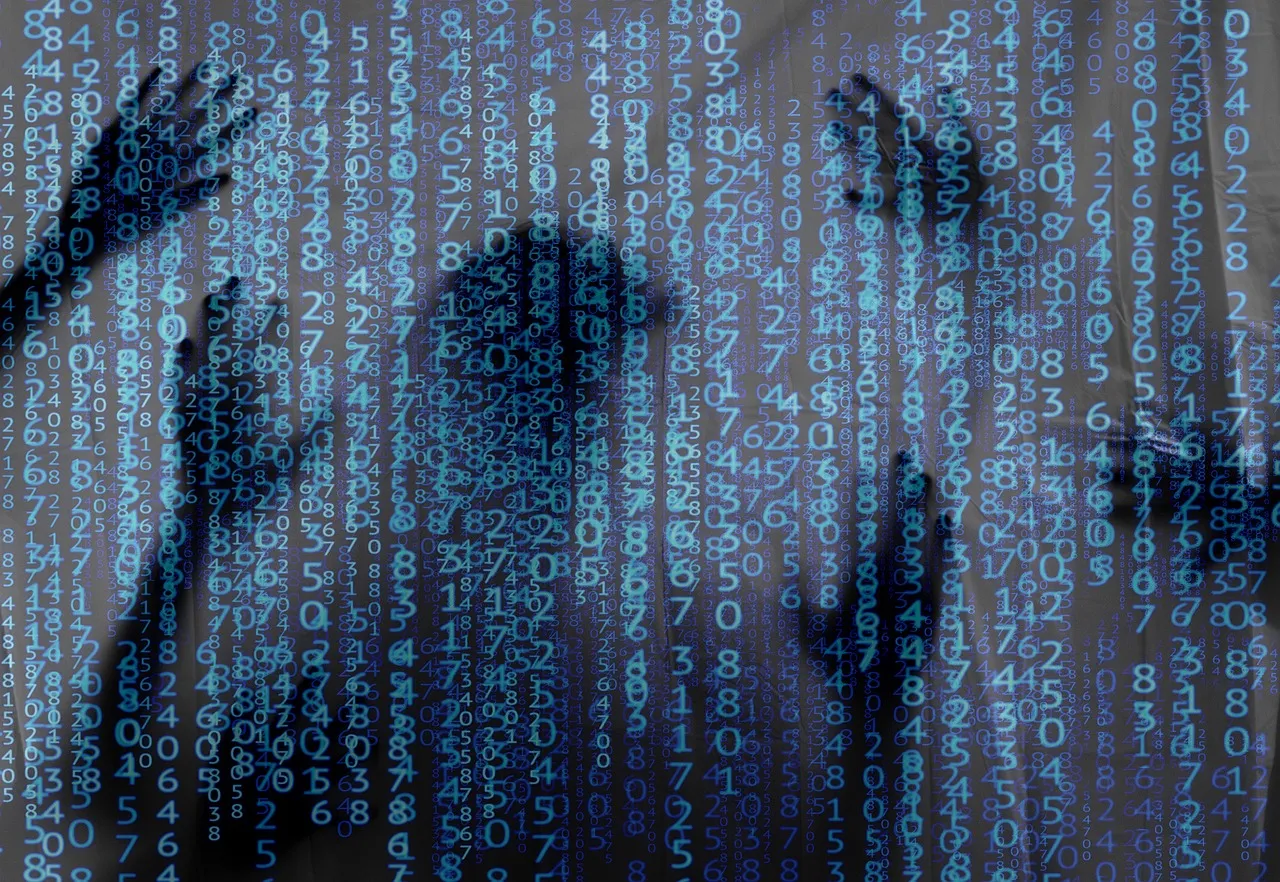
Imagen
El ser humano ha sido, desde sus inicios, parte de un metódico y sistemático programa de programación. Esta "programación" no comienza en el momento en que nacemos, sino desde el primer sonido o impulso vibratorio que percibimos en el vientre materno.
Desde ese instante, comenzamos a recibir estímulos que nos instan a desarrollarnos, formando una identidad que se irá moldeando a medida que interactuamos con el mundo exterior.
El término "programación" está intrínsecamente ligado a nuestra existencia. Si no contamos con una adecuada preparación para la vida y la subsistencia, nos resulta difícil integrarnos en la sociedad y convivir con nuestros semejantes.
Por ejemplo, la educación que recibimos desde pequeños es un tipo de programación que nos enseña a alimentarnos, a caminar y a relacionarnos con otros. Esta programación puede manifestarse de manera positiva, fomentando comportamientos sociales, o de manera negativa, cuando alguien elige desoír las normas que rigen una sociedad civilizada.
Una pregunta crucial que surge en este contexto es: ¿somos realmente lo que deseamos ser? Aunque la respuesta a esta interrogante puede parecer sencilla, en realidad está profundamente influenciada por la educación y las normas que hemos recibido.
La familia juega un rol fundamental en este proceso, siendo el primer entorno donde nos programan. A través de nuestras relaciones familiares —con padres, hermanos, abuelos— comenzamos a entender cómo funciona el mundo. Posteriormente, la educación formal amplía este marco, introduciéndonos a las normas de respeto y convivencia.
A medida que crecemos, es natural que surjan momentos de rebeldía, donde cuestionamos las enseñanzas que hemos recibido. Sin embargo, el sistema es tan efectivo que, a menudo, regresamos a la socialización, donde la necesidad de pertenecer y adaptarnos a las reglas establecidas predomina.
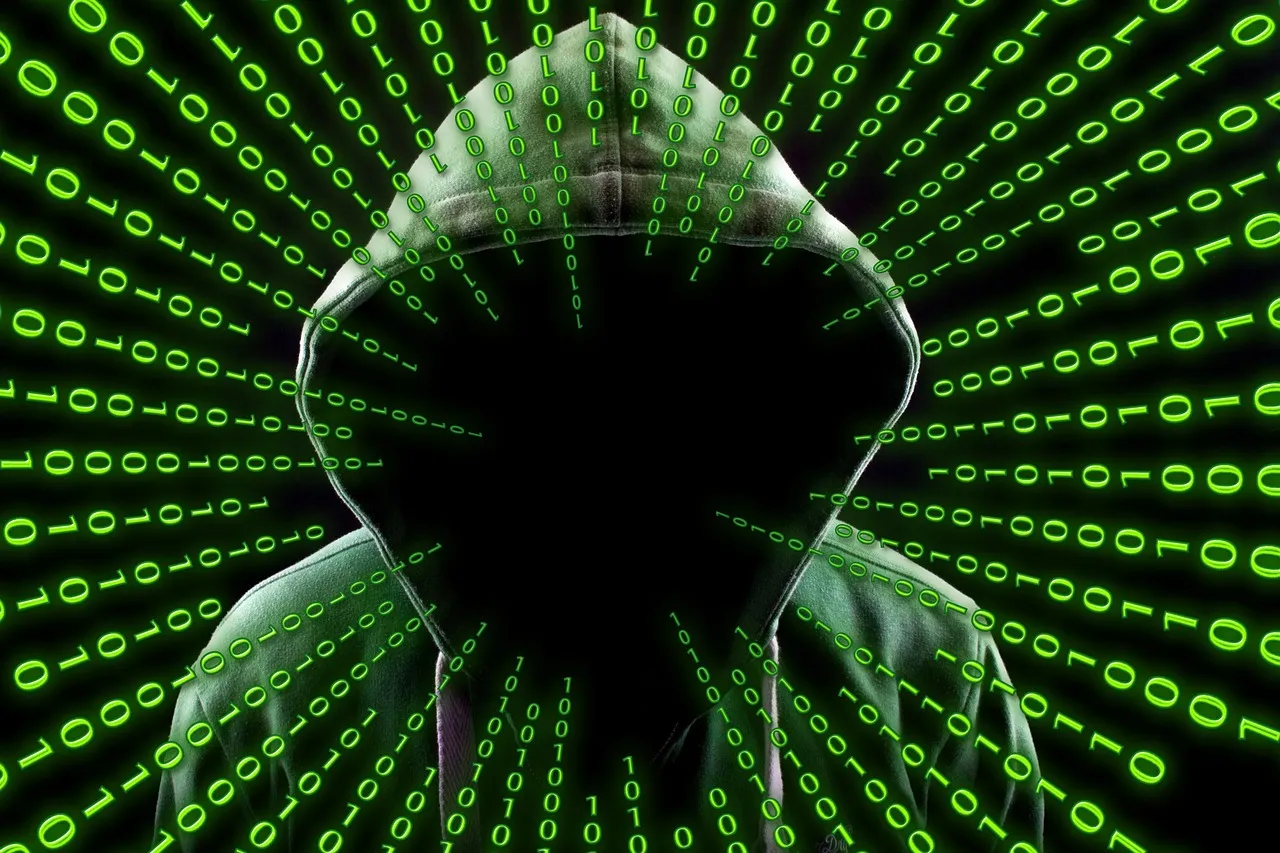
Imagen
Este ciclo se repite en diversas etapas de nuestras vidas, incluyendo el inicio de relaciones amorosas y la búsqueda de satisfacción sexual, que a menudo se ve influenciada por nuestra programación inicial.
La dimensión de la fe también forma parte de esta programación. Desde pequeños, muchos de nosotros somos introducidos en creencias religiosas que nos enseñan a obedecer a un ser superior.
Esta forma de programación es particularmente poderosa, ya que no solo moldea nuestra moralidad, sino que puede llevarnos a actuar de maneras que, sin esa fe, no habríamos considerado. Las reglas religiosas pueden generar tanto empatía como animosidad, impulsándonos a cometer actos extremos en nombre de una divinidad.
El amor y las relaciones de pareja también están influenciados por esta programación. Todos tendemos a reaccionar de manera similar ante el enamoramiento y el desamor, pasando por períodos de ira, tristeza o desesperación.
La programación, entonces, nunca se detiene; a lo largo de nuestras vidas, nuestras formas físicas y mentales evolucionan, desde la etapa fetal hasta la vejez, y finalmente a la muerte, donde nuestro cuerpo se descompone, dejando solo vestigios de nuestra existencia anterior.
Una cuestión que me intriga es por qué somos programados de esta manera. ¿Es parte de un proceso evolutivo que busca mejorar nuestra existencia?

Imagen
La humanidad, en su constante búsqueda de innovación, está impulsada a crear avances tecnológicos que a menudo superan nuestra capacidad individual de comprensión. Si permanecemos anclados en el pasado, corremos el riesgo de volvernos obsoletos en un mundo que cambia rápidamente.
Hoy en día, es evidente que la sexualidad se ha vuelto un tema más abierto y aceptado. Sin embargo, me pregunto si esta nueva forma de expresión no está, de alguna manera, limitando nuestra autonomía y nuestra capacidad de proteger nuestra identidad personal.
La etiqueta que elegimos para definir nuestra sexualidad puede parecer un acto de justicia, pero también puede convertirse en una forma de programación que nos obliga a identificarnos de cierta manera.
El avance de la inteligencia artificial también plantea interrogantes sobre nuestra programación. Cada vez más, interactuamos en espacios virtuales donde las conexiones emocionales se establecen sin el contacto físico.
La realidad virtual se ha convertido en una nueva forma de existencia, donde experimentamos emociones y relaciones de manera diferente. El peligro es que, a largo plazo, esto puede llevar a una deshumanización de nuestras interacciones, donde el romanticismo y la conexión emocional se ven reemplazados por encuentros superficiales y rápidos.
A pesar de los cambios en el entorno, la esencia humana sigue siendo la misma. Nos alimentamos, lloramos y reímos por motivos similares, y todos, en algún momento, enfrentamos desafíos comunes.
Si realmente queremos salir del ciclo de programación que nos rige, debemos aprender a mirar el mundo desde nuestra perspectiva personal, desafiando las normas sociales sin perder de vista el respeto hacia los demás.
A lo largo de la historia, hemos visto cómo el poder ha intentado dominarnos y cómo nos hemos rebelado contra ello. La religión ha sido utilizada para sembrar miedo y control, creando una narrativa que nos hace sentir que somos débiles y mortales.
Nos enseñan a seguir patrones sociales y a creer en conceptos de bondad y maldad que son, en última instancia, subjetivos.
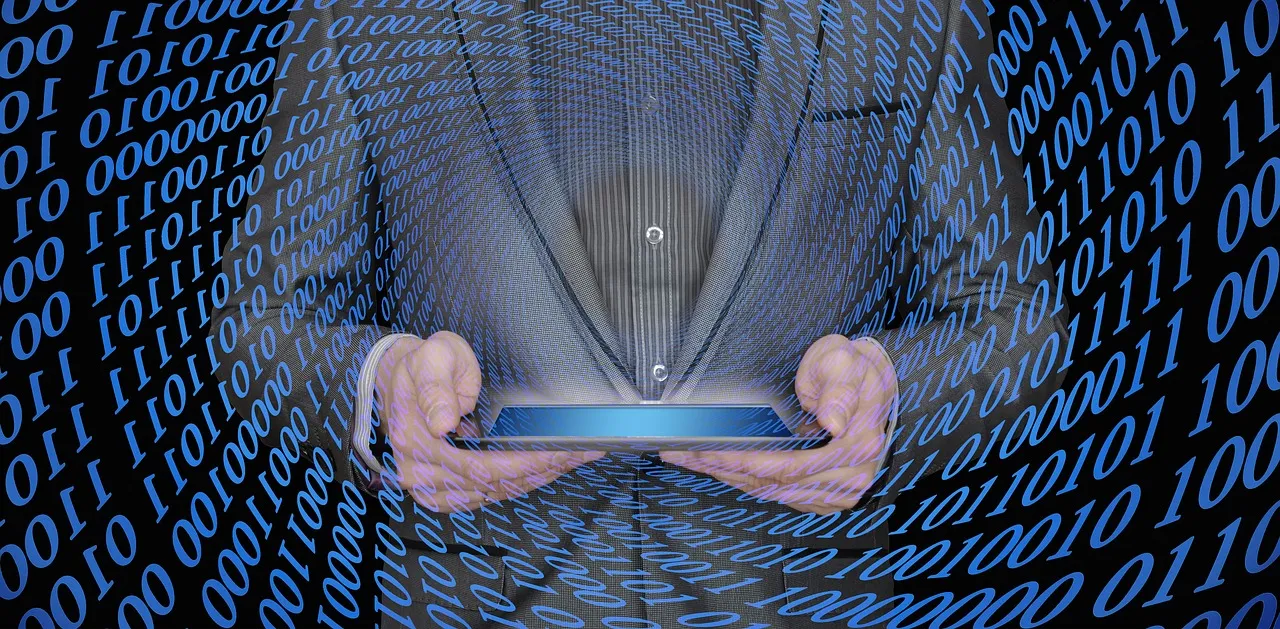
Source
The human being has been, from the beginning, part of a methodical and systematic programming program. This “programming” does not begin at the moment we are born, but from the first sound or vibratory impulse we perceive in the mother's womb.
From that instant, we begin to receive stimuli that urge us to develop, forming an identity that will be molded as we interact with the outside world.
The term “programming” is intrinsically linked to our existence. Without adequate preparation for life and livelihood, it is difficult for us to integrate into society and coexist with our peers.
For example, the education we receive from an early age is a type of programming that teaches us how to feed ourselves, how to walk and how to relate to others. This programming can manifest itself in a positive way, encouraging social behaviors, or in a negative way, when someone chooses to disregard the rules that govern a civilized society.
A crucial question that arises in this context is: are we really what we want to be? Although the answer to this question may seem simple, in reality it is deeply influenced by the upbringing and norms we have received.
The family plays a fundamental role in this process, being the first environment where we are programmed. Through our family relationships - with parents, siblings, grandparents - we begin to understand how the world works. Later, formal education expands this framework, introducing us to the rules of respect and coexistence.
As we grow up, it is natural for moments of rebellion to arise, where we question the teachings we have received. However, the system is so effective that we often return to socialization, where the need to belong and adapt to the established rules predominates.
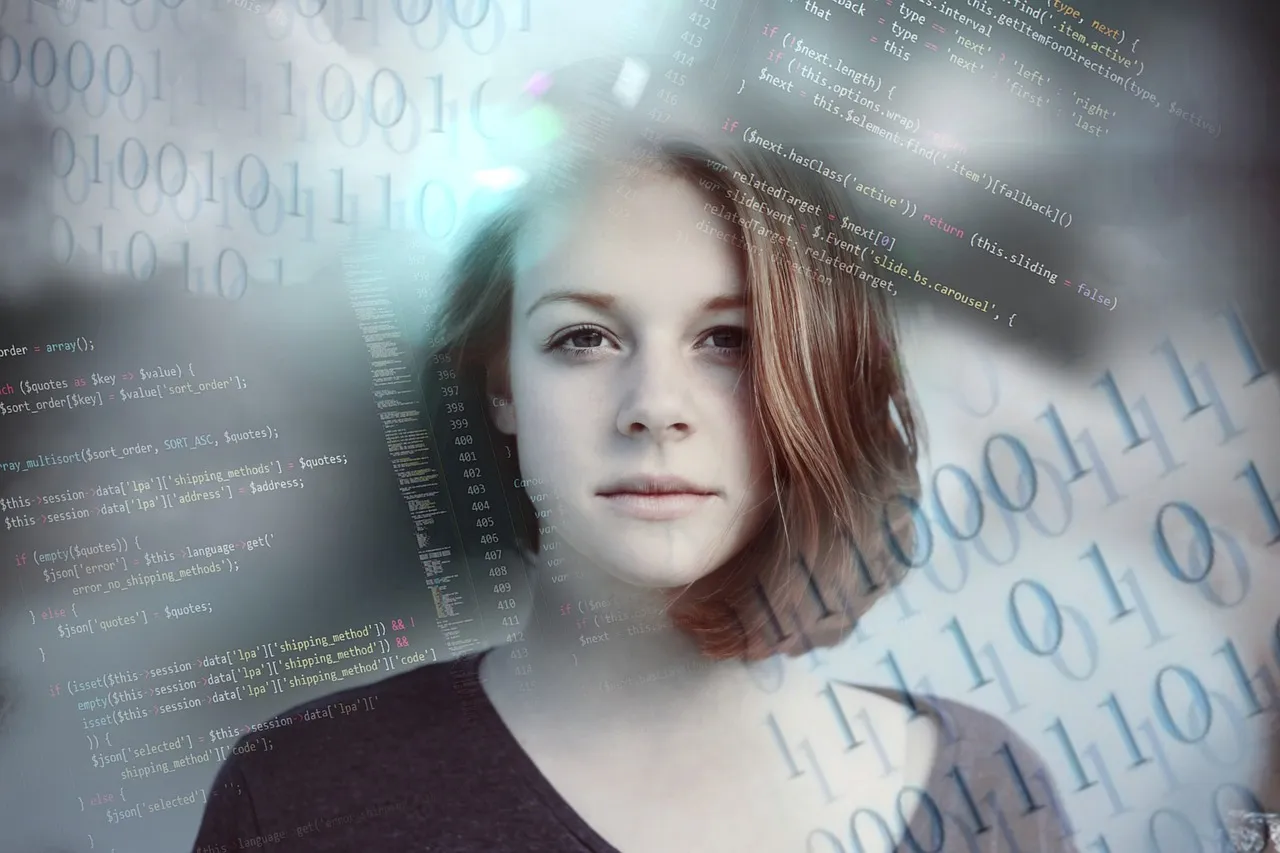
Source
This cycle repeats itself at various stages of our lives, including the initiation of romantic relationships and the search for sexual satisfaction, which is often influenced by our initial programming.
The faith dimension is also part of this programming. From a young age, many of us are introduced to religious beliefs that teach us to obey a higher being.
This form of programming is particularly powerful, as it not only shapes our morality, but can lead us to act in ways that, without that faith, we would not have considered. Religious rules can generate both empathy and animosity, driving us to commit extreme acts in the name of a divinity.
Love and relationships are also influenced by this programming. We all tend to react similarly to falling in and out of love, going through periods of anger, sadness or despair.
The programming, then, never stops; throughout our lives, our physical and mental forms evolve, from the fetal stage to old age, and finally to death, where our body decays, leaving only vestiges of our previous existence.
One question that intrigues me is why we are programmed in this way: is it part of an evolutionary process that seeks to improve our existence?
Humanity, in its constant quest for innovation, is driven to create technological advances that often surpass our individual capacity to comprehend. If we remain anchored in the past, we run the risk of becoming obsolete in a rapidly changing world.
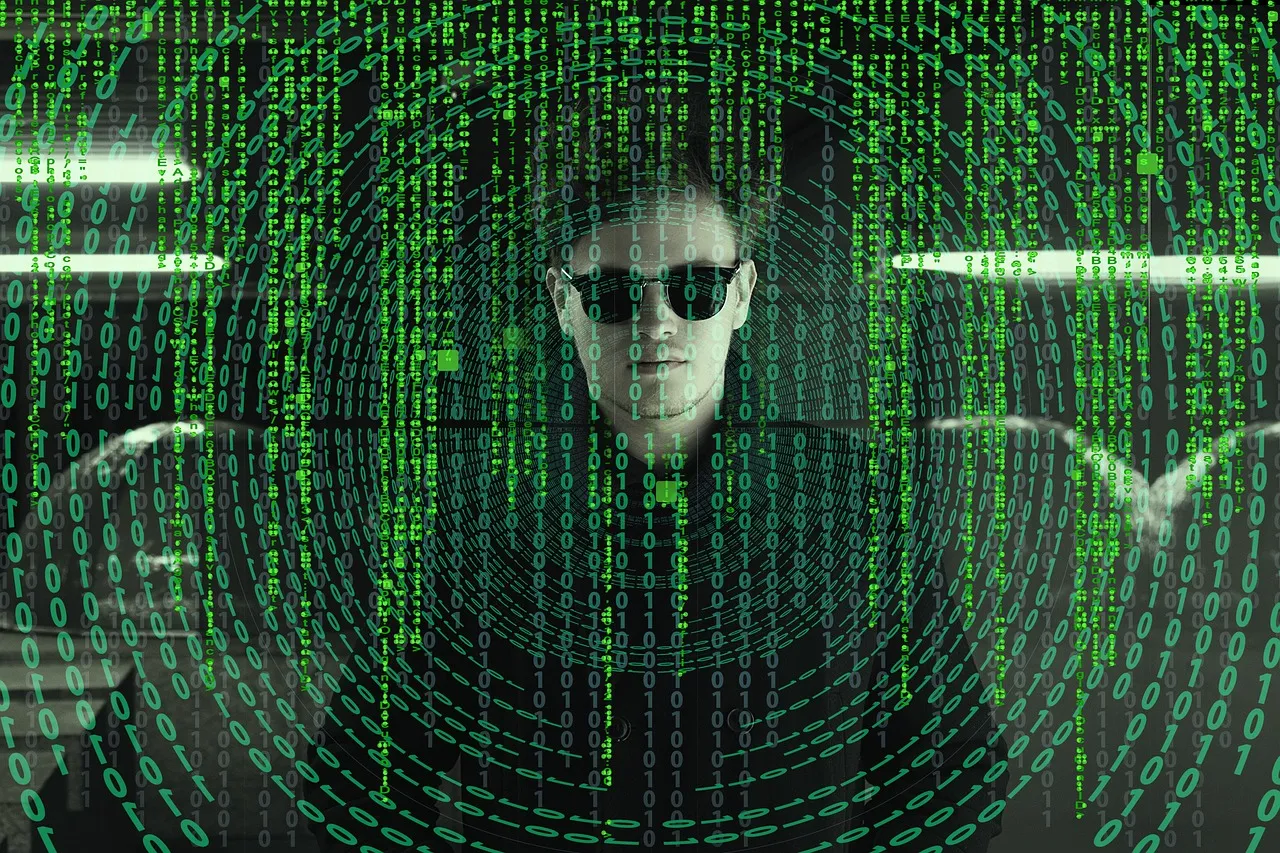
Source
Today, it is clear that sexuality has become a more open and accepted topic. However, I wonder if this new form of expression is not, in some way, limiting our autonomy and our ability to protect our personal identity.
The label we choose to define our sexuality may seem like an act of justice, but it can also become a form of programming that forces us to identify ourselves in a certain way.
The advance of artificial intelligence also raises questions about our programming. Increasingly, we interact in virtual spaces where emotional connections are established without physical contact.
Virtual reality has become a new form of existence, where we experience emotions and relationships differently. The danger is that, in the long run, this can lead to a dehumanization of our interactions, where romanticism and emotional connection are replaced by superficial and quick encounters.
Despite changes in the environment, the human essence remains the same. We feed, cry and laugh for similar reasons, and we all, at some point, face common challenges.
If we really want to break out of the cycle of programming that rules us, we must learn to look at the world from our personal perspective, challenging social norms without losing sight of respect for others.
Throughout history, we have seen how power has tried to dominate us and how we have rebelled against it. Religion has been used to sow fear and control, creating a narrative that makes us feel that we are weak and mortal.
We are taught to follow social patterns and to believe in concepts of goodness and evil that are ultimately subjective.